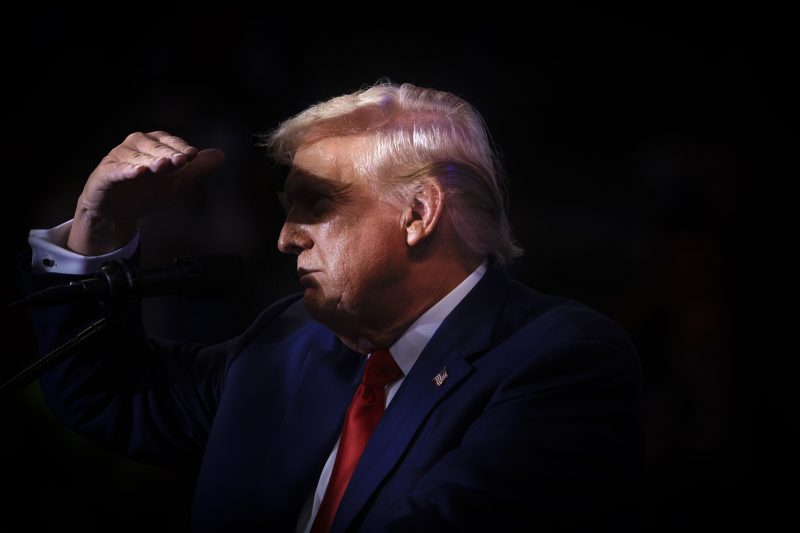In a world full of rapid information dissemination and constant political discourse, the ability to instantaneously react and respond to public speeches and events has become a crucial skill for political figures. The recent example of former President Donald Trump’s real-time reaction to Vice President Kamala Harris’ speech exemplifies the dynamic nature of modern politics and the tactics employed by leaders to engage with their audience.
Trump’s immediate response to Harris’ speech highlights his astute understanding of the power of social media and the importance of maintaining a continuous presence in the public eye. By swiftly sharing his thoughts and criticisms online, he effectively deflects attention from the content of Harris’ speech and redirects the focus onto his own perspective. In doing so, Trump seizes control of the narrative and shapes the discourse surrounding the event to align with his own agenda.
Moreover, Trump’s ability to mislead and manipulate information in real-time underscores the challenge of combating misinformation and disinformation in the digital age. His strategic use of language and selective framing of facts aims to sow doubt and confusion among the public, creating a sense of uncertainty that serves his political interests. By capitalizing on the inherent immediacy of social media, Trump exploits the speed at which information spreads to disseminate his message widely and rapidly.
The phenomenon of real-time reaction in politics raises important questions about the role of authenticity and transparency in public discourse. While the ability to respond quickly to unfolding events can demonstrate a leader’s agility and engagement, it also opens the door to the distortion of truth and the propagation of falsehoods. In a landscape saturated with competing narratives and conflicting information, distinguishing between fact and fiction becomes increasingly challenging, requiring individuals to exercise discernment and critical thinking in their consumption of news and media.
As technology continues to shape the way we communicate and interact with political content, the practice of real-time reaction is likely to remain a prominent feature of public discourse. Leaders who embrace this fast-paced environment must navigate the complex terrain of digital communication with integrity and accountability, recognizing the impact of their words and actions on public perception. By upholding principles of honesty and transparency, politicians can engage in meaningful dialogue with their constituents and foster a culture of trust and credibility in an era defined by instant gratification and rapid response.


























